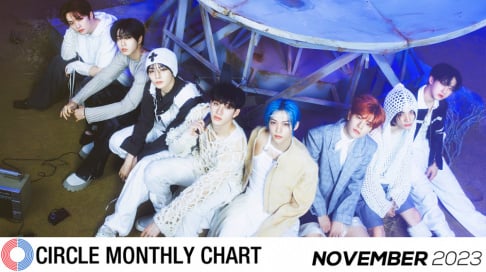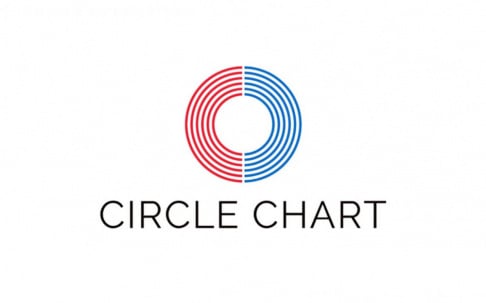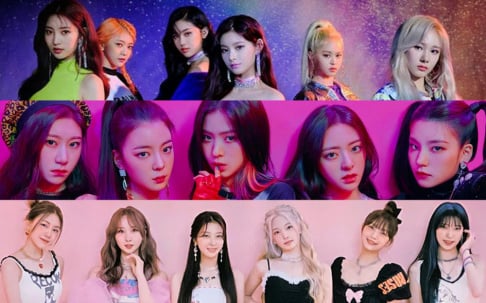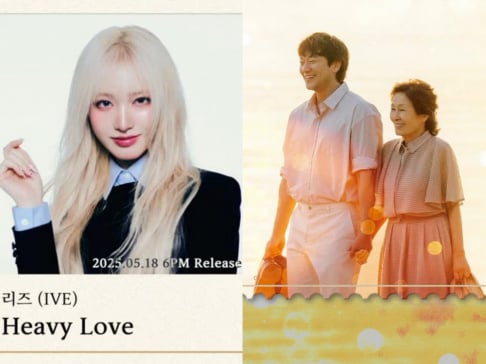
For the first time, YouTube Music has secured the position of the most popular music streaming platform in South Korea, surpassing Kakao Entertainment's Melon in the number of daily users.
YouTube Music has adopted aggressive strategies, such as highlighting the advantage of its extensive music library and 'bundling' YouTube music with its YouTube Premium subscription.
As reported by the mobile big data platform 'Mobile Index' on December 5, YouTube Music's Daily Active Users (DAU) recorded 2.36 million on December 1, surpassing Melon's DAU (2.31 million) and securing the top spot among domestic music platforms.

Although Melon reclaimed the lead with 2.21 million DAU on the following day, this marks the first instance of YouTube Music topping the DAU charts since its domestic service initiation in 2019. Earlier reports highlighted YouTube Music as the leading app in April based on the Monthly Active Users (MAU) metric from WiseApp, an app and statistical analysis firm. However, this marks the first occasion where YouTube Music has achieved the top position under the Mobile Index standard.
Experts have long anticipated YouTube Music's rise, given its rapid growth in recent years. On January 1, 2019, YouTube Music's Daily Active Users (DAU) stood at just 610,000. By March 2, it skyrocketed to 1.3 million, overtaking 'Genie Music,' which was then in second place. Continuing this explosive growth trajectory, YouTube Music eventually surpassed Melon, the unrivaled market leader for over a decade.

These experts have analyzed that the growth of YouTube Music is attributed to the YouTube bundling program, where subscribers of YouTube Premium (monthly subscription (13.99 USD per month/14,500 KRW per month) are given YouTube Music for free.
This strategy proved highly effective. For just 14,500 KRW, users of YouTube Premium gained access to both YouTube ad-free and YouTube Music simultaneously, removing the incentive for YouTube Premium users to explore other music platforms. Ultimately, YouTube was able to "Lock-in" subscribers to their music streaming platforms.
Additionally, YouTube Music's vast music library also played a significant role in increasing the daily users. Industry reports suggest that YouTube Music's library is more than twice the size of Melon's (40 million songs), ranging from 80 to 90 million tracks. Notably, YouTube Music offers unofficial music, including live performances, setting it apart from other music apps.

The 30% commission on in-app purchases, introduced by Google (YouTube's parent company) in June last year, has reportedly impacted the performance of local music platforms. This led Melon, Genie Music, and Flo to increase their monthly subscription fees by around 10%, which resulted in the loss of existing customers and a decrease in new sign-ups. On the other hand, YouTube Music capitalized on its competitive in-app pricing, boosting its growth.
Industry analysts predict a bright future for YouTube Music, with the backing of Google and YouTube, expecting it to use its market dominance to fuel further expansion. An industry spokesperson highlighted, "YouTube Music, with its platform influence and strong financial backing, is set to rapidly expand in the domestic music market." They advised local companies to pivot towards unique services and strategies to stay relevant, moving beyond just competing in music services.
Korean netizens responded, "If you subscribe to their YouTube premium, you can watch YouTube comfortably and also, you get the music so, it's no contest," "Well, the music stops in the middle for Melon so it's annoying," "You can watch videos on YouTube and listen to music there too. And there are so many more songs," "I didn't subscribe to other music streaming platforms because I got YouTube Music for free when I got YouTube Premium," "I know I stopped listening to Melon because their charts are rigged so the song suggestions aren't good. I usually listen to the popular charts but Melon is filled with Lim Young Woong songs," and "I don't listen to Korean songs so I don't even go on Melon, lol."
 SHARE
SHARE


















































I use YouTube Music and have no regrets. Occasionally there are weird bugs in the app, or annoying features, but less than I've seen with Spotify or other services. And not having ads when I watch YouTube videos is a huge perk -- one Premium membership gets rid of ads both on the music app and the regular video app. It's easy to download music and playlists for travel, too.
I nearly forgot to mention one of the first reasons I switched! You can easily incorporate videos into the same playlists as music files, so if an artist has dropped a cover or special musical performance out as a video, I can sneak that into a playlist with other musical tracks. It'll seamlessly play the audio, no problem!